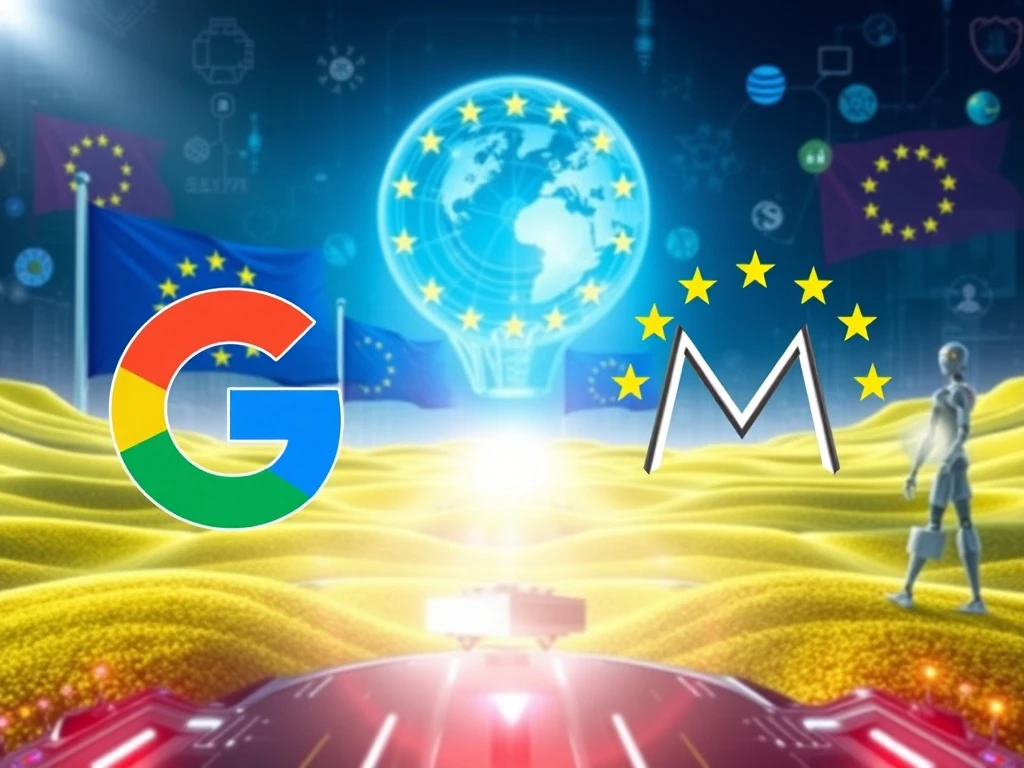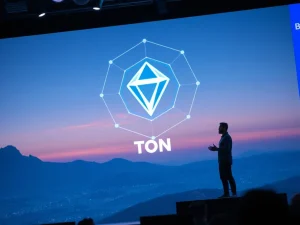Google Embraces EU AI Code as Meta Fights Back Over Innovation Fears

The battle over AI regulation heats up as Google aligns with the EU’s voluntary AI code while Meta pushes back, fearing stifled innovation. What does this mean for the future of artificial intelligence in Europe and beyond?
Google’s Strategic Move: Adopting the EU AI Code
Google has taken a proactive stance by committing to the EU’s voluntary AI code of practice. This decision places them alongside OpenAI and Mistral in supporting the bloc’s regulatory framework. Key points about Google’s position:
- Conditional support with concerns about slowed innovation
- Alignment with EU’s AI Act set for August 2025 implementation
- Potential exposure of trade secrets through transparency requirements
Meta’s Defiant Stand Against AI Regulation
In stark contrast to Google, Meta has refused to adopt the EU AI code. Their objections center around:
| Concern | Explanation |
|---|---|
| Legal uncertainties | Believes the code overreaches beyond the AI Act’s scope |
| Innovation risks | Argues regulatory burdens could limit Europe’s global competitiveness |
| Industry alignment | Joins Airbus and BNP Paribas in calling for legislative pause |
The EU AI Act: What You Need to Know
The controversial legislation at the heart of this debate includes:
- Mandatory risk assessments for general-purpose AI systems
- Transparency measures for advanced models
- Phased implementation with stricter rules coming in 2026
- Voluntary code serving as compliance blueprint
Global Implications of the AI Regulation Battle
The divide between tech giants reflects broader tensions in AI governance:
- U.S. government framing EU rules as “unjustified digital trade barriers”
- Legal experts warning about implementation challenges
- Industries scrambling to update contracts and supply chains
FAQs: Understanding the EU AI Code Controversy
Q: Why is Google supporting the EU AI code while Meta resists?
A: Google sees strategic value in shaping EU governance, while Meta fears compliance costs and innovation constraints.
Q: When does the EU AI Act take full effect?
A: The Act becomes enforceable in August 2025, with stricter rules for high-risk systems in 2026.
Q: Is the AI code of practice legally binding?
A: No, it’s voluntary but serves as a compliance blueprint ahead of the Act’s enforcement.
Q: How are other tech companies responding?
A: Microsoft hasn’t signed yet but hinted at likely adoption, while Mistral and OpenAI have joined Google.








